Member States Are Close to an Agreement on 3 Billion Euro For Turkey
Adelina Marini, December 18, 2015
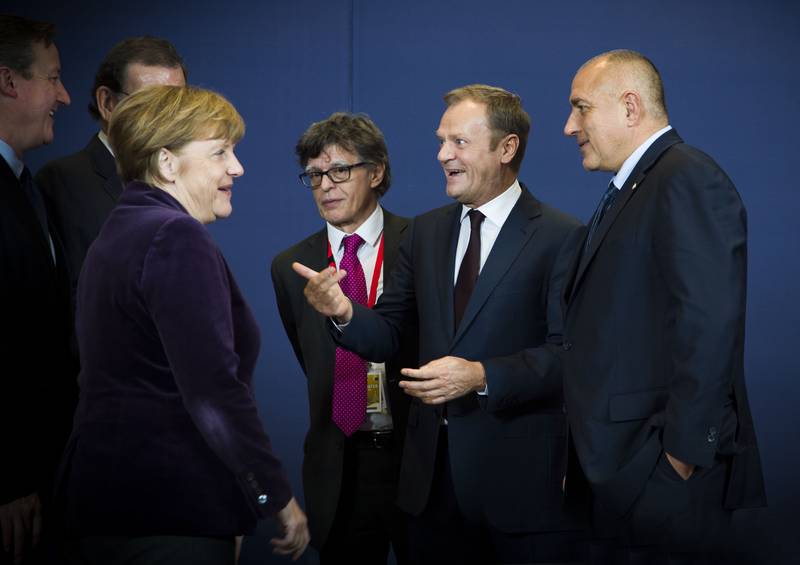 Member state leaders have given the task to the permanent representatives to negotiate as quickly as possible on the mobilisation of the money for the Turkish fund, agreed on at the special summit between Turkey and the EU on November 29th, when the EU promised to pay three billion euro to Turkey over the next two years to help it deal with over two million Syrian refugees. One billion of the money will come from the European budget and the other two billion must come from member states, according to a scheme, similar to the formation of their installments in the European budget. Thus the national contribution of Bulgaria is expected to be almost 6 million euro, while Germany’s is 428 million euro. This is stated in a draft document, available to euinside.
Member state leaders have given the task to the permanent representatives to negotiate as quickly as possible on the mobilisation of the money for the Turkish fund, agreed on at the special summit between Turkey and the EU on November 29th, when the EU promised to pay three billion euro to Turkey over the next two years to help it deal with over two million Syrian refugees. One billion of the money will come from the European budget and the other two billion must come from member states, according to a scheme, similar to the formation of their installments in the European budget. Thus the national contribution of Bulgaria is expected to be almost 6 million euro, while Germany’s is 428 million euro. This is stated in a draft document, available to euinside.
The instrument that will be used to aid refugees in Turkey will be organized in such a way that any legal difficulties in member states are avoided, like the requirement for ratification. The money will not be paid all at once, but according to needs that arise in the field. The volume and speed of releasing the instalments will be consistent with the implementation of Turkey’s commitment to sheltering the refugees, providing education, healthcare, and access to the labour market. The Commission will be charged with the task to manage the funds in a joint structure with member states. In the document, that is being drafted there will be a clear and exact condition for the release of the money. The Commission will have a leading role in coordinating the projects and will be able to veto if needed.
There are provisions for participation of Turkey in the management of the fund, but its role most likely will be an advisory one. It is provided that the European Parliament and the Council are constantly kept informed on the implementation of the Turkish action plan and on how the money are being spent. If requirements are not met, the financing instrument can instantly be cut off, with the unspent funds returned to member states by the quota principle. Leaders have agreed also on the implementation of the relocation scheme for refugees from Turkey into several member states on a voluntary principle. Those are the so-called “like-minded countries”, which had a mini-summit before the European Council.
During their meeting leaders welcomed the EC proposal for common border security and commissioned the Council of ministers to prepare a position on the proposal within the term of the next presidency (The Netherlands). This means by the end of June. Until then the EC is to also propose the Schengen border code and a review of the Dublin regulation. In the final conclusions of the summit leaders are asked to fulfil the commitments made at previous summits, including the relocation scheme, on which implementation is negligible. According to a report of the Luxembourg presidency, out of a total of 160 000 refugees that 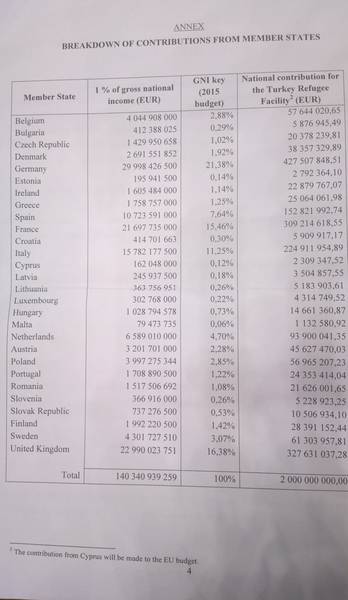 was agreed to be relocated from Italy and Greece over two years, only 184 are actually transferred.
was agreed to be relocated from Italy and Greece over two years, only 184 are actually transferred.
The reasons for this delay are complex. Both the frontline states and the accepting states are to blame. There also is the problem that refugees refuse to be transferred into many of the EU member states, says the report. The European Council conclusions make it clear that progress is scarce on other agreements like the fight with human trafficking, strict registration of refugees, their sheltering and providing with travel documents to the ones, who do not meet the requirements for international protection. In this context there is an appeal for more-specific measures for the return of the ones, who cannot gain refugee status. It is urged that a speedy decision is made regarding the list of safe states, specially mentioning Afghanistan.
Translated by Stanimir Stoev
 David Cameron | © Council of the EU
David Cameron | © Council of the EU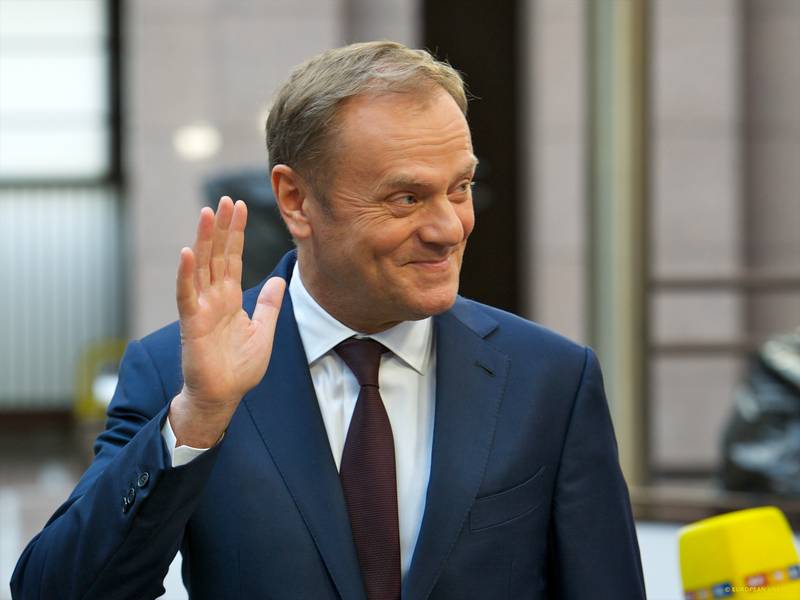 Donald Tusk | © Council of the EU
Donald Tusk | © Council of the EU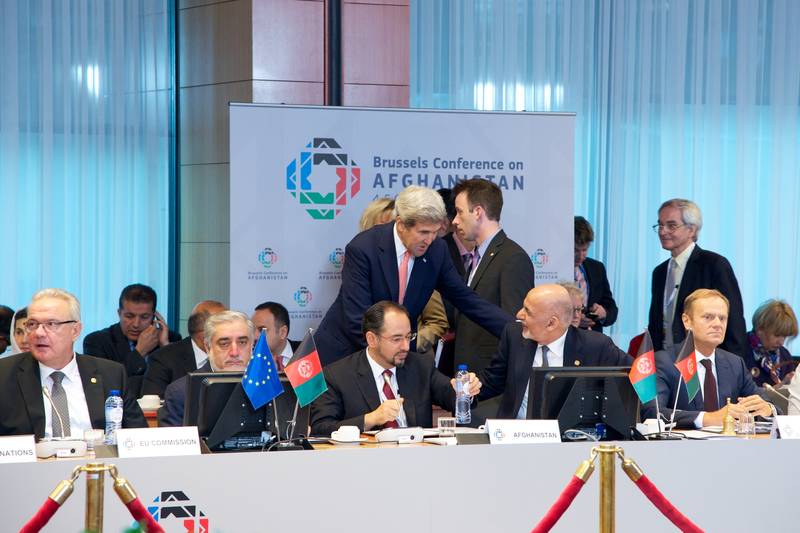 | © Council of the EU
| © Council of the EU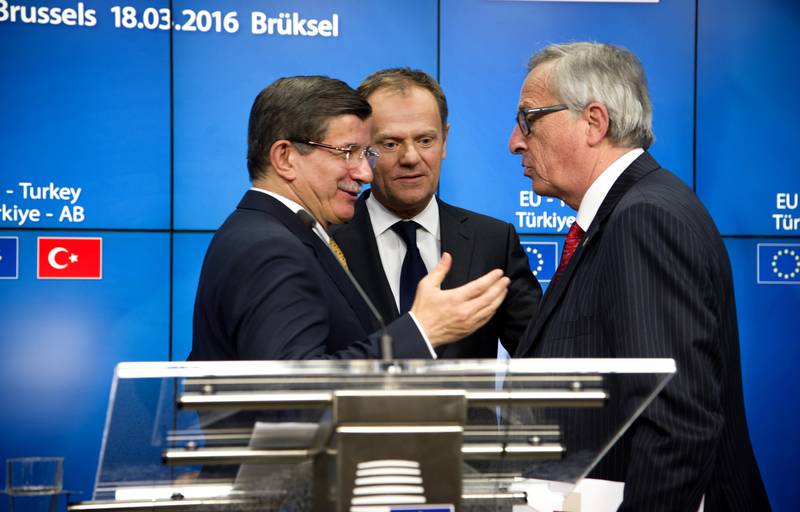 Davutoglu, Tusk, Juncker | © Council of the EU
Davutoglu, Tusk, Juncker | © Council of the EU | © euinside
| © euinside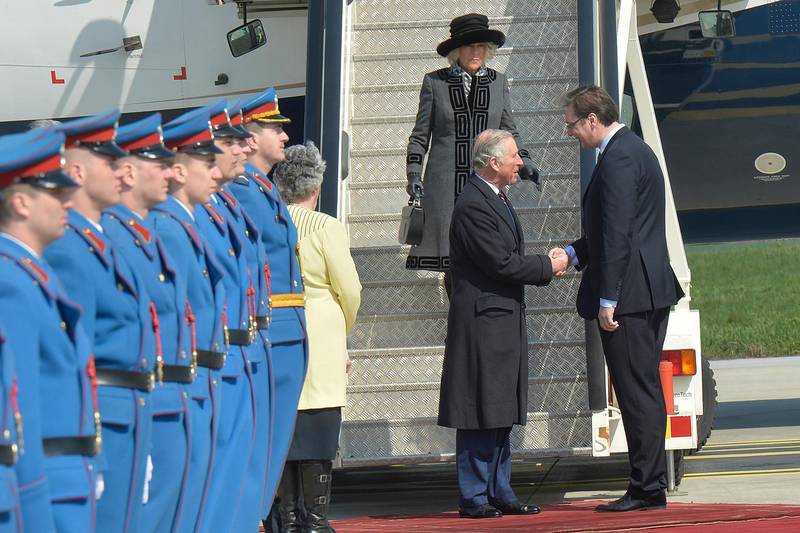 | © Vlada RS
| © Vlada RS